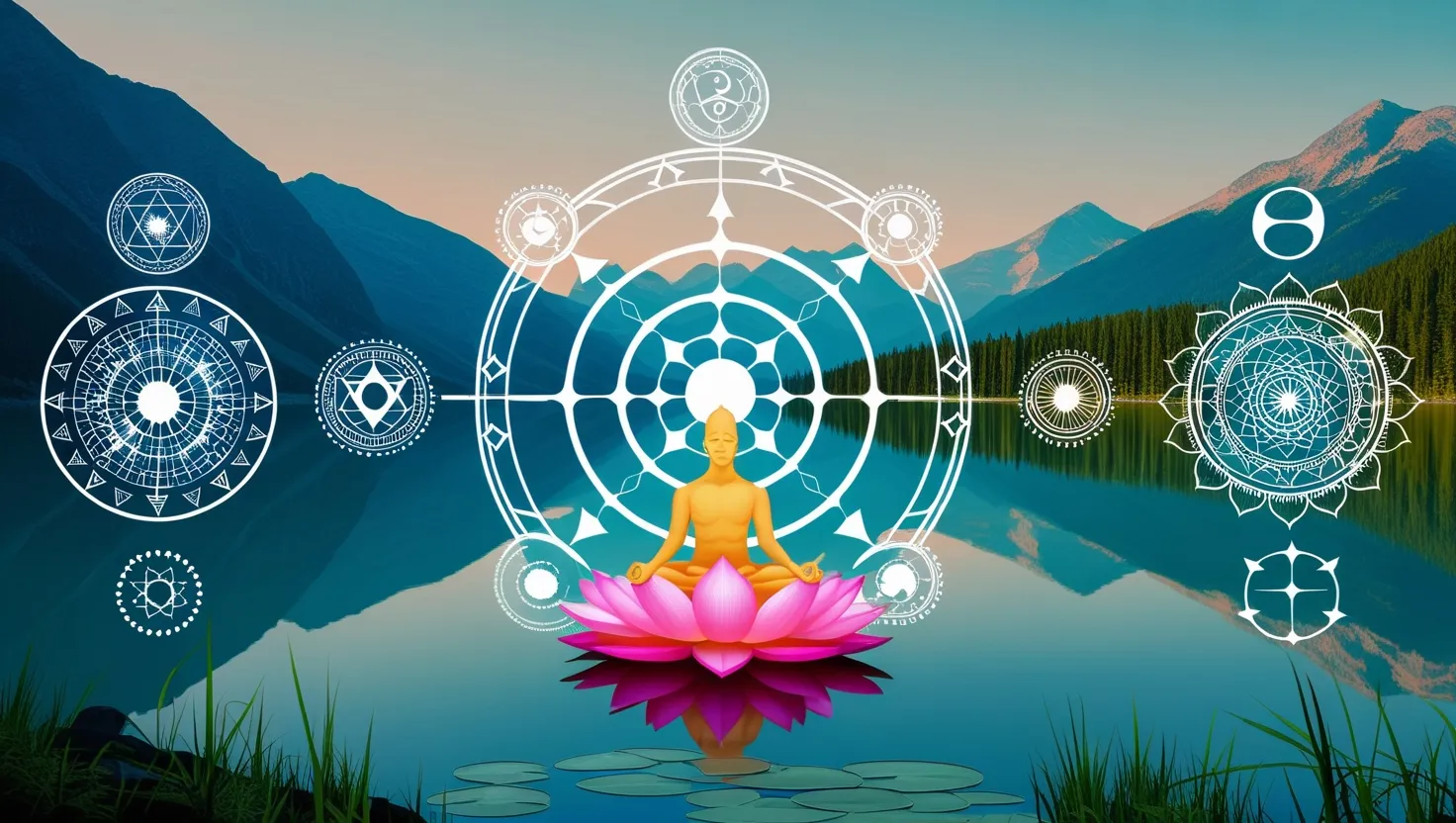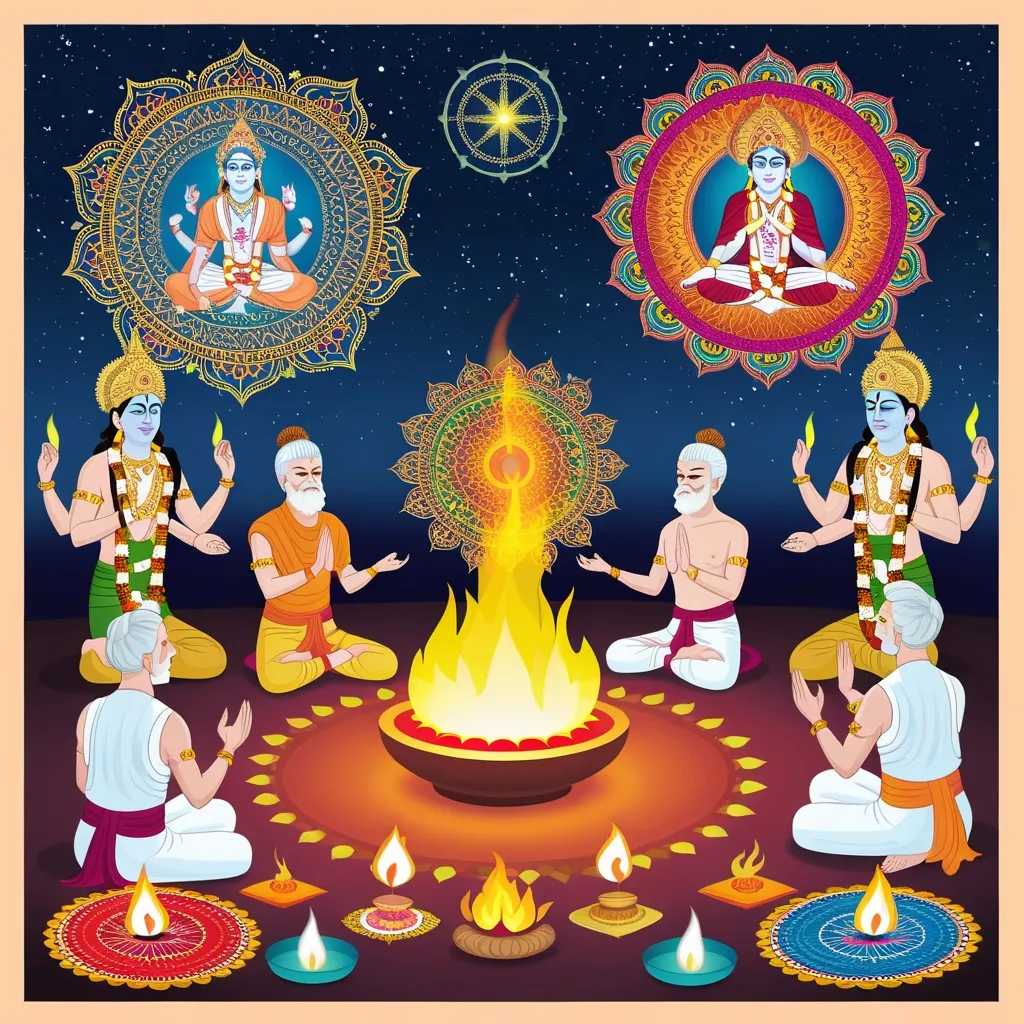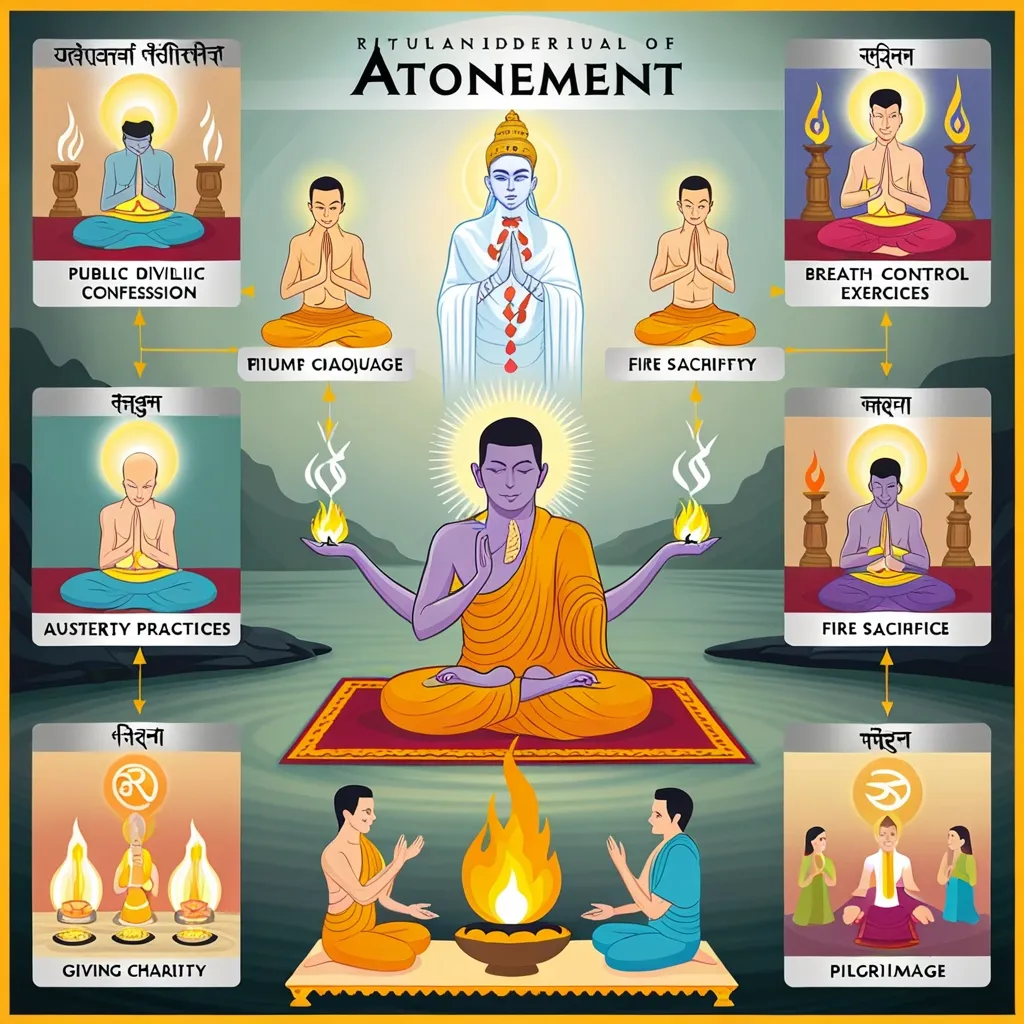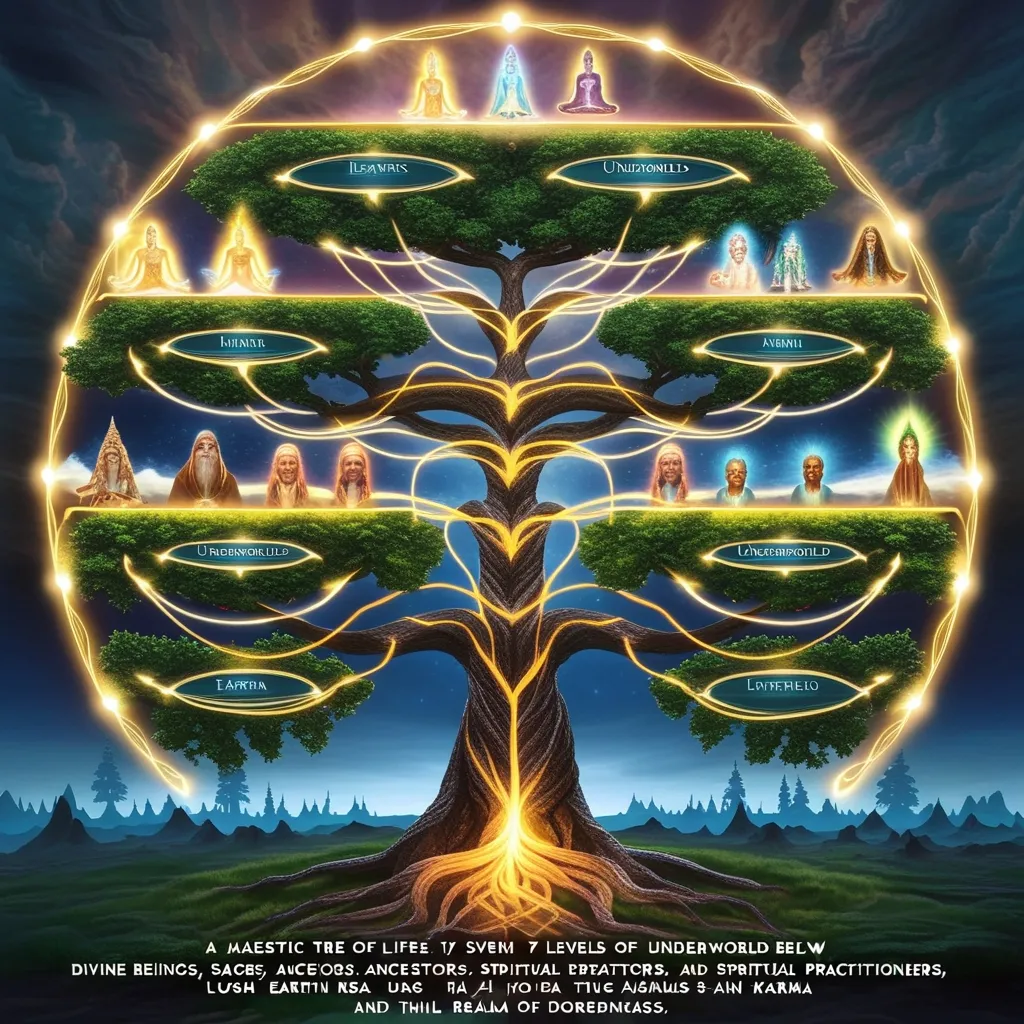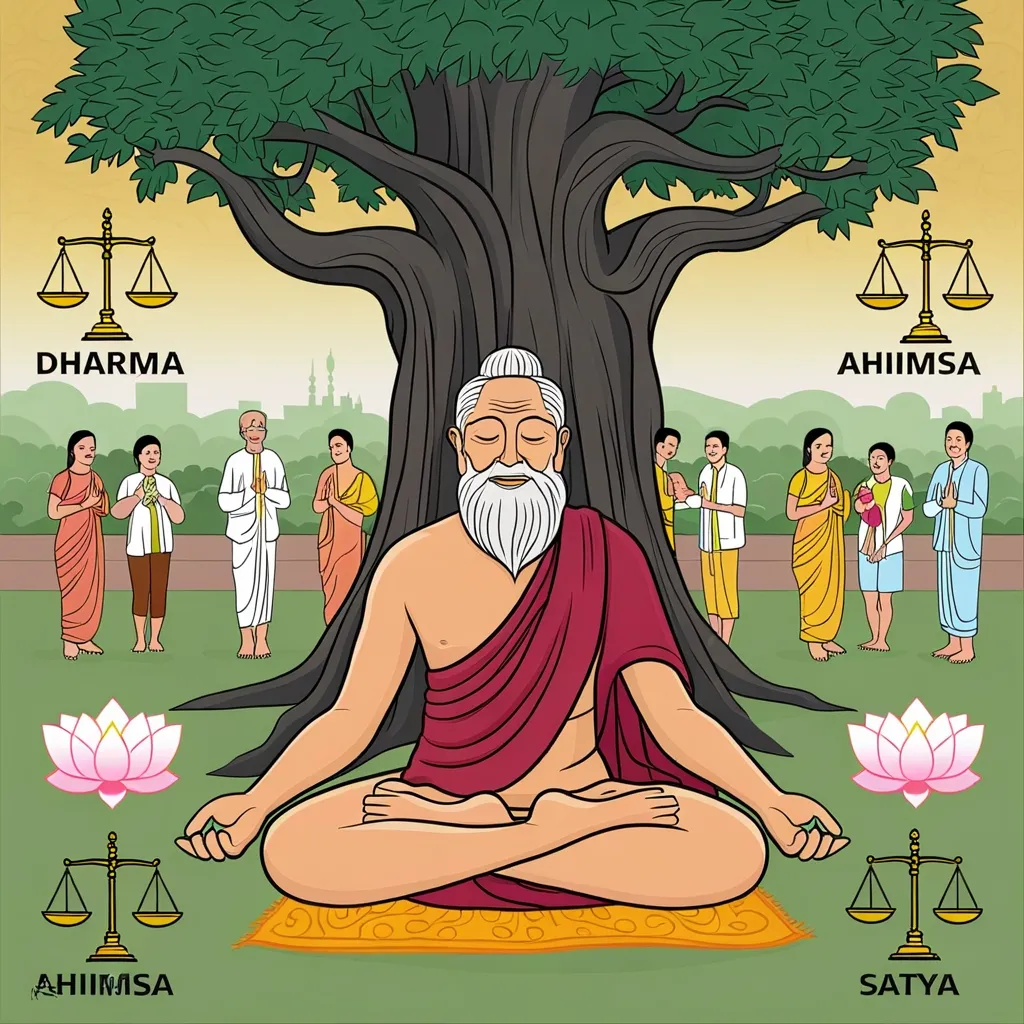In the vast and intricate landscape of Hindu philosophy, the Vedas stand as ancient beacons, guiding us through the complexities of existence, consciousness, and spiritual growth. These sacred texts, penned thousands of years ago, contain concepts that are both profound and enduring, shaping the very fabric of Hindu thought.
At the heart of Vedic philosophy lies the concept of Brahman, the ultimate reality that permeates every aspect of the universe. Brahman is not just a deity or a force; it is the essence of all existence, the universal soul that binds everything together. This idea of Brahman underscores the interconnectedness of all things, suggesting that despite the apparent diversity, there is a unity that underlies all of existence. It’s a notion that resonates deeply, reminding us that we are not isolated entities but part of a larger, harmonious whole.
Closely tied to Brahman is the concept of Atman, the individual soul or self. According to the Vedas, Atman is not just a personal entity but is ultimately identical to Brahman. This realization is at the core of spiritual liberation, a concept that has fascinated philosophers and seekers for centuries. The idea that our individual selves are not separate from the universal reality is both comforting and profound. It suggests that in our deepest selves, we are divine, and this divinity is not something to be attained but rather something to be recognized.
The law of Karma is another fundamental concept in Vedic philosophy. Karma is often misunderstood as a simplistic system of reward and punishment, but it is much more nuanced. It teaches that our actions create impressions that shape our future experiences, emphasizing personal responsibility and ethical living. This concept is not about fate but about the consequences of our choices, encouraging us to live with integrity and mindfulness. Karma reminds us that every action, no matter how small, has an impact and that we are the architects of our own destinies.
Dharma, or cosmic order, is a concept that guides ethical behavior and encourages individuals to fulfill their responsibilities in harmony with universal laws. Dharma is not just about personal duty but also about the larger social and cosmic order. It is a call to live a life that is in alignment with the natural order of things, ensuring that our actions contribute to the well-being of the world around us. This concept is particularly relevant in today’s world, where the balance between individual aspirations and collective well-being is often at odds.
The ultimate goal of spiritual life, according to the Vedas, is Moksha – liberation from the cycle of birth and death. Moksha is not just an escape from suffering but a state of self-realization where one understands their true nature. It is a liberation that comes from transcending the limitations of the material world and recognizing one’s identity with Brahman. The pursuit of Moksha is a lifelong journey, one that requires dedication, self-reflection, and a deep understanding of the self.
One of the most intriguing concepts in Vedic philosophy is Maya, the illusion that veils the true nature of reality. Maya is not just a deception but a fundamental aspect of our existence, a veil that hides the true essence of things. Overcoming Maya is crucial for spiritual growth and understanding the nature of existence. It requires us to look beyond the surface level of reality and to seek the truth that lies beneath. Maya reminds us that our perceptions are often flawed and that true wisdom comes from seeing beyond the illusions of the world.
Finally, there is Yoga, a concept that has evolved significantly over time but retains its original essence in Vedic philosophy. In its original context, Yoga means union with the divine, a path to achieve spiritual realization and harmony with the universe. The Vedas describe various paths of Yoga, each designed to help the seeker align with the universal reality. Whether through meditation, physical postures, or devotion, Yoga offers a holistic approach to spiritual growth, integrating the body, mind, and spirit in a quest for unity.
These Vedic concepts are not mere philosophical abstractions; they are living, breathing principles that continue to shape Hindu philosophy and influence spiritual seekers around the world. They offer profound insights into the nature of existence, consciousness, and spiritual growth, reminding us of our interconnectedness and our divine potential.
In a world that often celebrates diversity and individuality, the Vedas remind us of the unity that underlies all existence. They encourage us to live ethically, to recognize our true nature, and to seek liberation from the cycle of suffering. These ancient texts are more than just historical relics; they are timeless wisdom that continues to guide us on our journey towards self-realization and harmony with the universe.
As we delve into these concepts, we find that they are not just theoretical constructs but practical guides for living a meaningful and fulfilling life. They invite us to reflect on our actions, our responsibilities, and our place in the world. They remind us that our individual journeys are part of a larger cosmic narrative, and that our choices have consequences that ripple beyond our immediate lives.
In the end, the Vedas offer us a vision of life that is both simple and profound. They remind us that we are part of something greater than ourselves, that our true nature is divine, and that our actions have the power to shape not just our own destinies but the world around us. As we navigate the complexities of modern life, these ancient wisdoms remain a beacon of light, guiding us towards a path of self-realization, ethical living, and harmony with the universe.
